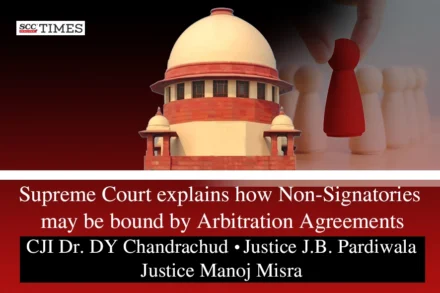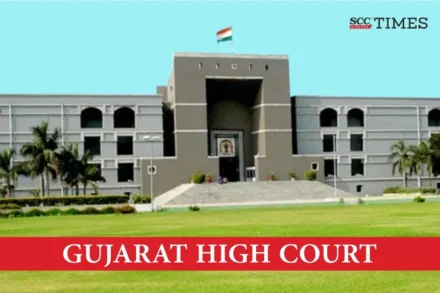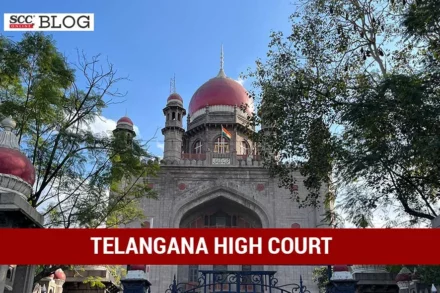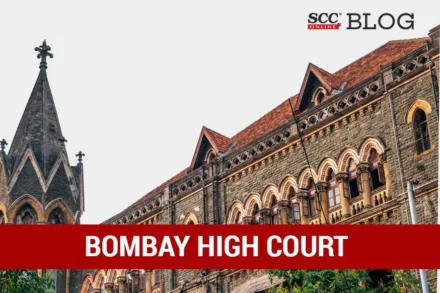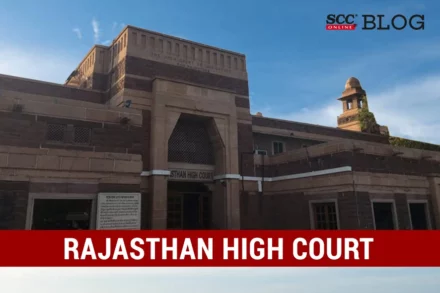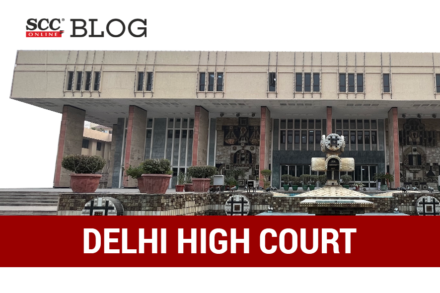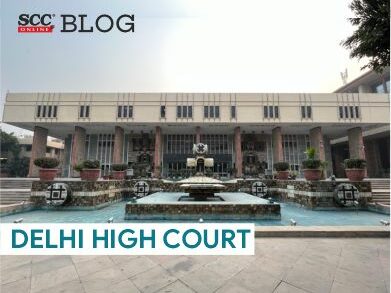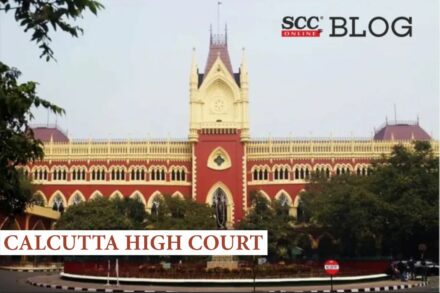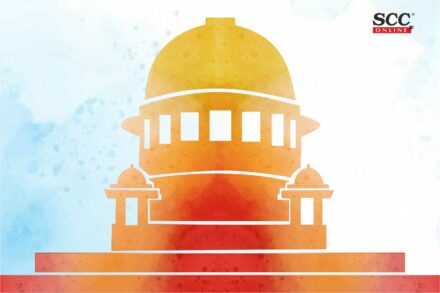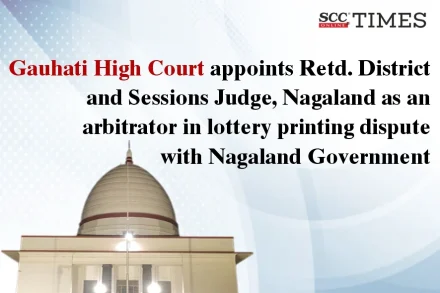
Gauhati High Court appoints Retd. District and Sessions Judge, Nagaland as an arbitrator in lottery printing dispute with Nagaland Government
The petitioner submitted that it filed an arbitration petition before Punjab and Haryana High Court, as part of the agreement was executed at Chandigarh. However, the Punjab and Haryana High Court was unable to decide the petition due to territorial bar. Hence, the present petition is filed.



